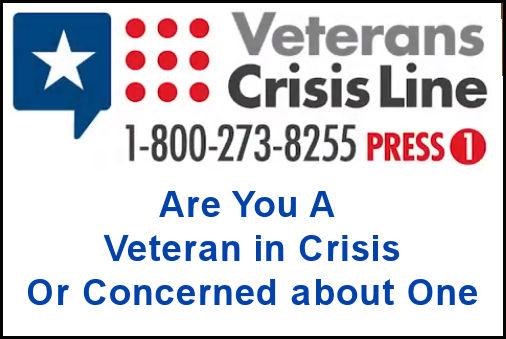September is National Suicide Prevention Month. During this month, mental health professionals and advocates work to prevent suicide. Efforts are not only dedicated to preventing the rate of suicide, but also to help communities who are at a greater risk for committing suicide.
Veterans, for example, are at a much higher risk for developing mental health conditions that often go untreated and lead to this tragic result. Now more than ever it’s important to give emotional support to veterans. We need to keep our veterans safe.
Studies show that suicide is the 10th leading cause of death in the United States. The typical state suicide rate for veterans is typically much higher than the general population. This means that, on average, the proportion of casualties for suicidal veterans is greater than non-service members who commit suicide in our country.
These statistics are shocking, considering that suicide can be prevented with enough awareness and the right resources for those struggling. There are countless factors that contribute to suicidal thoughts and acts for veterans. Things like combat exposure, substance abuse, injury, struggle to return to civilian life, and military sexual drama all add to the risk of self-harm and committing suicide.
The truth of the matter is that a large majority of veterans experience all these factors and more because of the nature of their jobs. By serving the country, veterans often put others’ safety above their own. This is exactly why having resources in place for veterans to seek preventative and active mental health care is so essential in preventing suicide.
Knowing the signs of mental health issues like PTSD, substance abuse, and the risk of suicide can be challenging. Keep an eye out for the following mood or behavioral changes:
- Feelings of hopelessness
- Making risky, impulsive decisions
- New or worsening mental illness symptoms
- Misuse of drugs (illicit or prescribed) and alcohol
Always seek help right away if you or someone you know is currently unsafe. Connect with the Veterans Crisis Line at 1-800-273-8255 to reach caring and qualified responders.
Whether Veterans are looking for clinical care, counseling, assistance with benefits, or something else, local and national tools and resources are available at the Veterans Crisis Line website.

